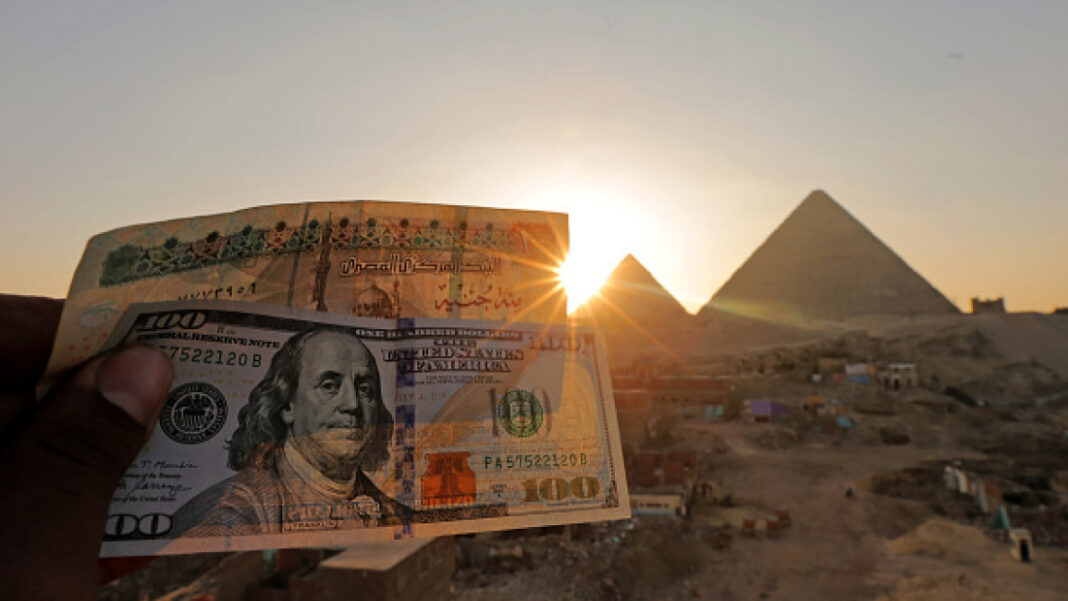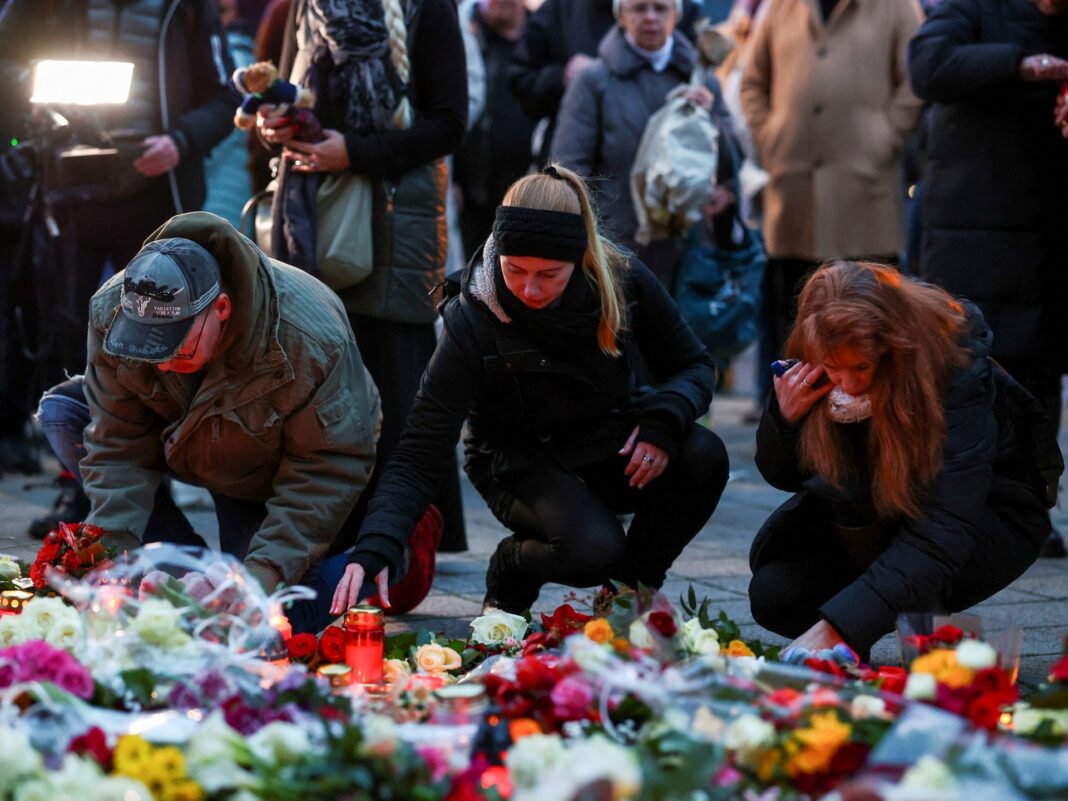Egypt’s economy in 2024 has been at a crossroads, grappling with persistent challenges amid potential opportunities. The country has contended with inflation and mounting foreign debt while persevering with ongoing structural reforms in its pursuit of stability and growth.
Egypt’s economy showed signs of recovery, with a growth forecast of 3.2 percent for 2024 and an expected increase to 4.2 percent in fiscal year 2024/2025, according to Fitch Solutions.
While inflation rates have remained high, with a slight increase from 26.2 percent in August to 26.4 percent in September 2024, it is significantly lower than 38 percent achieved the previous year thanks to improved financial inflows and increased investments.
Such investments include partnerships, following strengthening economic ties, with Gulf Cooperation Council (GCC) countries, notably Saudi Arabia and the UAE, securing investments in energy, real estate, and logistics. Other partnerships include enhancing economic integration and promoting intra-African trade in cooperation with the African Continental Free Trade Area (AfCFTA).
In another significant diplomatic shift, Egypt has become a full member of the BRICS economic bloc, which is an association of five major emerging economies, joining Brazil, Russia, India, China, and South Africa, a move set to boost trade and investment with emerging markets.
A key event in 2024 was the increase in the price of subsidized bread loaf for the first time in three decades. Egypt, which imported around 70 percent of its wheat from Russia and Ukraine, has faced soaring grain prices due to disruptions in global supply chains following the two nations’ war. Bread prices saw a 20 percent increase, contributing to food inflation, which reached around 30 percent in 2024, according to the Central Agency for Public Mobilization and Statistics (CAPMAS).
The most significant economic event for Egypt in 2024 might be the USD 8 billion (EGP 407.36 billion) loan from the International Monetary Fund (IMF), approved in March 2024, which supported Egypt’s foreign exchange reserves and implemented necessary economic reforms. The IMF loan has led to other key actions, such as implementing a flexible exchange rate, tightening the nation’s monetary policy, and planning to advance its privatization initiatives.
Monetary Policy changes have included an increase in interest rate by 600 basis points to 27.25 percent, the highest increase in the nation’s history— an attempt to combat inflation and stabilize the currency.
Equally important is the Ras El Hikma project. Valued at USD 35 billion (EGP 1.8 trillion), with USD 24 billion (EGP 1.22 trillion) allocated for land rights, it is part of a broader strategy to attract foreign investment and stimulate economic growth.
The project is expected to generate around 750,000 direct and indirect jobs while providing housing for nearly two million residents. In addition, Egypt is set to receive 35 percent of the profits generated by the development.
The Minister of Planning and Economic Development, Hala El-Said, announced a more optimistic forecast of 4.4 percent growth for the fiscal year 2024/2025, which surpasses the government’s earlier target of 4.2 percent.
For the fiscal year 2023/2024, Egypt’s real GDP growth rate has slowed significantly to 2.4 percent, down from 3.8 percent in the previous year—a decline related to ongoing geopolitical tensions and global economic uncertainties, according to Minister of Planning, Rania el Mashat.
Despite broader economic challenges, key sectors like communications, tourism, and social services have demonstrated positive growth, with the tourism sector experiencing a growth rate of around 9.9 percent.
According to the Ministry of Planning and Economic Development, economic activity is projected to improve as the government adopts sound macroeconomic policies and enhances public investment oversight, creating opportunities for private sector involvement and ensuring efficient resource distribution to critical sectors.
El Mashat mirrored such projections, emphasizing that Egypt’s economic outlook remains positive, bolstered by support from international financial institutions and development partners.
Meanwhile, external economic factors such as the ongoing conflict in the Middle East and regional geopolitical tensions have impacted Egypt’s economic stability, particularly affecting activities from the Suez Canal, which saw a 30 percent decline in 2023/24 compared to the previous year, with a huge 68 percent drop in the final quarter.
While Egypt faces economic hurdles such as inflation, rising debt, and external geopolitical pressures, its substantial strides in securing foreign investments and strengthening international partnerships are positive achievements. Along with planned structural reforms and development projects, the country aims to recover and achieve economic growth.


